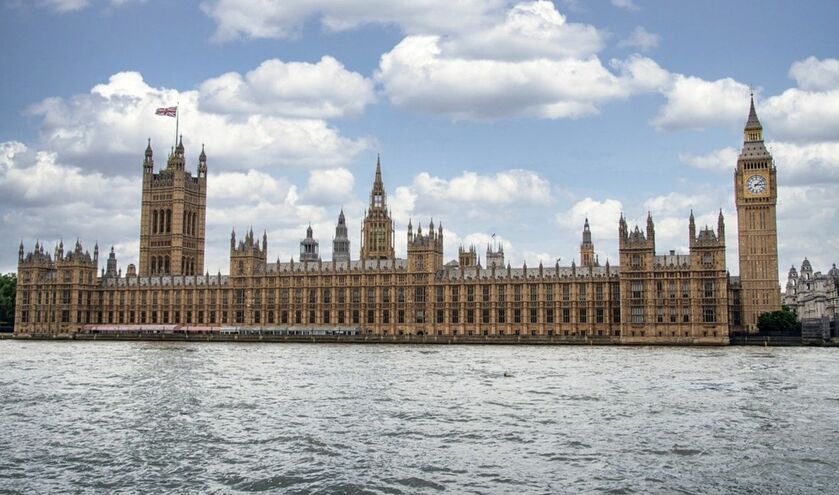Sir Geoffrey Clifton-Brown MP, chair of the Public Accounts Committee, said the ‘astounding' figure, which is the Government's second highest liability after nuclear decommissioning, ‘should give our society pause'.
The committee chair said: ‘This is a sign of a system struggling to do right by the people it is designed to help. It must be a priority of the highest order for Government to reduce tragic incidences of patient harm and lay out a mechanism to reduce legal fees to manage the jaw-dropping costs involved more effectively.'
The committee revealed an ‘astronomical' 19% of total pay-outs in 2023-24 went to lawyers (£536m of the total £2.8bn paid that year).
The PAC called on the Government to set out a plan with clear actions to improve patient safety across the NHS and in particular maternity services.
In addition, the report stressed its concerns the Government had abolished NHS England (NHSE) with no clear plan in place to replace the organisation.
The report said there was a lack of a clear plan for: how DHSC and NHSE will achieve significant headcount reductions and the costs involved; how the reductions fit in with the wider 10-Year Health Plan for the NHS; how savings made from reducing NHSE staff costs help frontline services; how the institutional knowledge of NHSE would be preserved following its abolition; the scale of headcount reductions in the DHSC; and the geographical spread of the planned 50% headcount reductions in NHSE and across local ICBs.
Sir Geoffrey said: ‘It has been two months since Government's decision to remove what up until now has been seen as a key piece of machinery without articulating a clear plan for what comes next and the future for patients and staff remains hazy.'
The report also highlighted the lack of progress on a decade long, ‘eye watering' £3.2bn UK Health Security Agency programme in Harlow for protecting the population against infectious diseases.
It warned delays could risk leaving the nation without adequate protection against emerging new diseases.
Reaction
Liberal Democrat hospitals and primary care spokesperson Jess Brown-Fuller, said: ‘These sums are absolutely staggering and symptomatic of a health service that simply is not functioning, leading to frankly dangerous situations.'
Matthew Taylor, chief executive of the NHS Confederation, said: ‘While many leaders understand the need for change, the lack of detail on how the national shakeup will be taken forward, the pace of this restructure, and how it connects to the ambitions of the 10-Year Plan are a cause for concern among staff.
‘While there are many unanswered questions, there has also been a lot of progress since the committee first took its evidence, including health leaders directly advising NHS England on the future role of integrated care boards, a consultation on the future of how NHS organisations will be held to account, and the appointment of a senior responsible officer to lead the merger of NHS England into the Department of Health and Social Care.
‘For these changes to benefit patients and staff, it's essential that the abolition of NHS England at the centre is used to devolve power and money locally, to those who work closest to communities. This will empower staff to innovate and best use scarce resources to support the particular needs of each area.'



